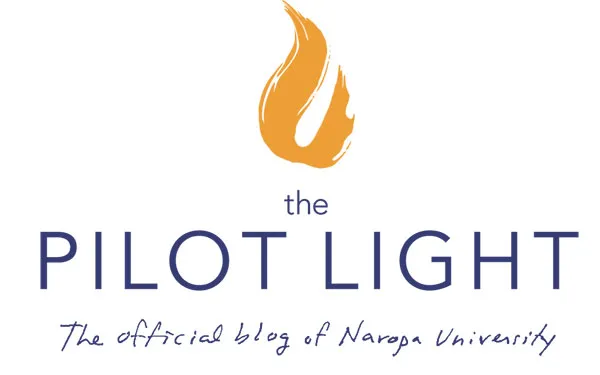
by Luna Rosal, BA INTD ’25
Every May, Naropa celebrates Asian American and Pacific Islander (AAPI) Heritage month. As a Pinay (Filipina-American), I am honored to be writing this statement. The breadth of Asian American and Pacific Islander culture is wide and diverse, and the definition of these ethnicities comes with many questions and exposes the blurry lines of culture. Where does “Asia” end? Where does the Middle East begin? Does it matter? I feel this line in my own body too, as someone with mixed heritage. My mom’s people came from Northern Europe, while my dad grew up in the Philippines. Does this mean I’m Asian, or Asian enough to belong to that term? Does it matter that I’ve lived my life predominantly in the United States, or that I only speak English? I mean, there’s also the identity crisis of the Philippines itself. Are we Asian? Or Pacific Islander? Or maybe even some sort of Asiatic Latino, given our colonial history?
Any answer to these questions is just as valid as another. I do know that this questioning of identity is a common process that AAPI folks go through (CollegeHumor anyone?). It can be a beautiful window into seeing the complexity of culture and the intertwined and interwoven nature of human movement and immigration, and has the opportunity to help the mind pierce through binary either/or thinking (either I’m white or I’m Asian) and practice the “yes, and”. This dance with duality reminds me of the pillow method, an empathy building technique developed by Japanese schoolchildren that helps people see beyond the perspectives of right and wrong, or beyond black and white. At times existing in between/beyond a solid identity can be destabilizing and confusing, especially without role models or people talking about what it’s like to belong to many cultures. Personally I have found solace in spirituality and wisdom traditions, many of them, perhaps ironically, coming from Asia.
Here at Naropa, I also want to highlight our own roots in Asian wisdom traditions. Even if you aren’t Asian yourself, many of the practices we engage with here are Asian practices, and we particularly benefit from those cultures as students of this institution. Let’s not forget that Naropa would not be here without the Asian/American flow and migration of wisdom. We owe a deep debt of gratitude to the wisdom traditions of Asia and the people who brought those traditions here to the United States. This statement would also be incomplete without mentioning our connection to the struggle of the Palestinian people. Empire is an interconnected web that touches all people, and the struggles of the people of the Philippines against colonial powers such as the United States and Canada via military bases and massive mining and logging operations is grounds for solidarity. It’s also important to mention that the Philippine government is the worlds second largest buyer of Israeli weapons, which are used to carry out a fascist regime against the poor and those still following the indigenous ways and protecting the land. We are not separate from this struggle.
I also want to acknowledge the concept of “AAPI” in the American context. Over half of the global population is Asian. There is a huge diversity in the Asian experience. The broadness of the term AAPI runs the risk of watering down the experiences of the people of Asia and the Pacific Islands (read more here about the illusion of the monolithic narrative). Personally, the broadness came with relief. AAPI is a term that Filipinos, despite the complexities, can belong to. It’s not perfect, but it’s something.
To close, some stories:
Inhuman Figures – an animated film about the Asian Worker. Tastes of futurism, with beautiful storytelling and animation.
1000-Year-Old Ghosts – a podcast/short story about pickling memories.
Trese – a very bingeable Netflix Anime weaving Filipino mythology with modern Manila.
Happy May!
Luna Rosal (INTD Spring ‘25)


